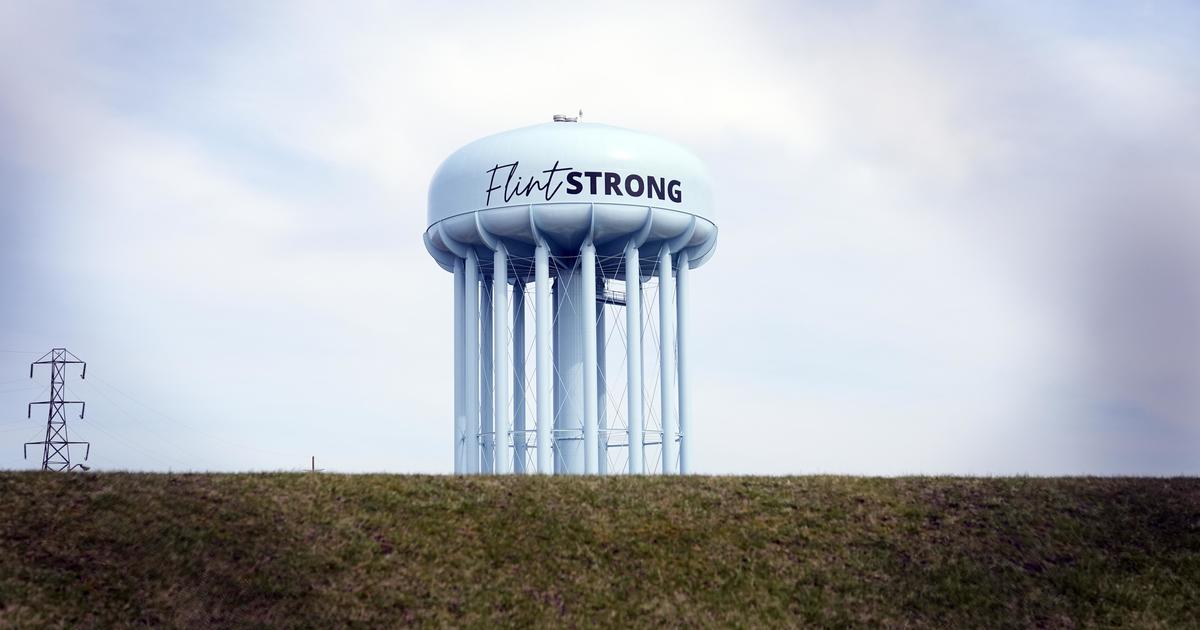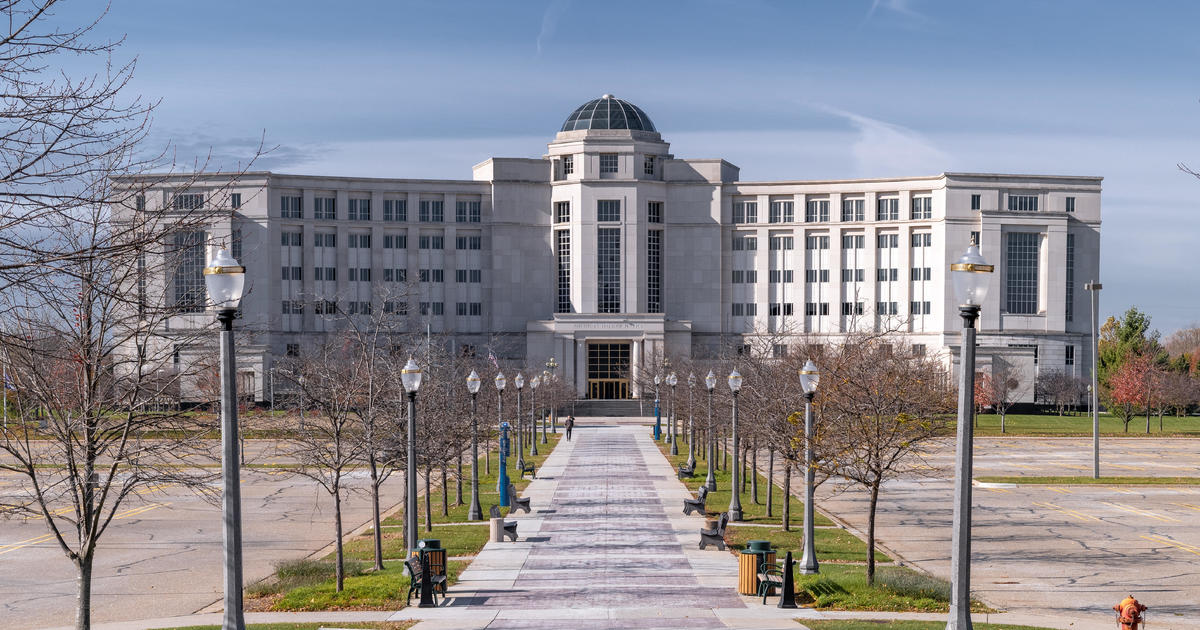Natural Gas Set To Play Major Role In Michigan's Energy Mix
By Alisha Green, Associated Press
LANSING (AP) - With at least nine coal plants in the state slated to shut down in the next 10 years, natural gas is the likely replacement as the primary source for generating energy in Michigan, experts say.
But they are not predicting a boom in natural gas production in the state. Instead, they say there likely will be more pipelines and other infrastructure built to import more natural gas from nearby Ohio and Pennsylvania, where recent discoveries of the resource created booms in the industry.
"The timing works to everyone's advantage in that the recent discoveries in the Utica and Marcellus shales in Ohio and Pennsylvania are right in our back yard, making it easy for us to get low-cost natural gas here," said Steve Kurmas, president and chief operating officer of DTE Energy.
Gov. Rick Snyder outlined a plan during his energy address where natural gas would represent up to 26 percent of the state's electricity mix by 2025, up from 14 percent currently. Coal represents 59 percent of the mix now. Snyder expects it to fall to 43 percent in the next 10 years. He said his goal is that 11 percent to 24 percent of the state's electricity will come from renewables by 2025 depending on their cost compared to natural gas.
Natural gas is produced through processes such as hydraulic fracturing, also known as fracking. It involves injecting water, chemicals and sand deep underground at high pressure to open cracks in shale and other formations to release natural gas.
When new pipelines are approved to bring more natural gas from other states will depend on the federal regulatory process. The companies involved have targeted starting service by the end of 2017.
The import of more natural gas from other states already has raised concerns about pipeline safety and the impact on the environment.
Bringing more natural gas into the state will need to "respect the impact in Michigan and the other places we are getting it from," said James Clift, policy director for the Michigan Environmental Council.
"We have concerns about practices in Pennsylvania, in part because their regulations aren't as good as ours, but we are the ones creating that demand," he said.
Around 16 percent of the natural gas used in Michigan has been produced in the state in recent years, according to reports from the Michigan Public Service Commission.
Having Michigan produce all of the natural gas demanded by energy use "isn't feasible," said Erin McDonough, president and CEO of the Michigan Oil and Gas Association. The group represents natural gas producers in the state.
Processes such as horizontal hydraulic fracturing are allowing more natural gas to be taken out of the ground, but the state simply doesn't have the same kinds of geological formations as Pennsylvania that led to a boom in production there, McDonough said.
Another reason natural gas production likely won't rise in Michigan is that prices have fallen in recent years as fracking helps produce more of the fuel, said Hal Fitch, chief of the Office of Oil, Gas, and Minerals at the Michigan Department of Environmental Quality.
"Gas prices are not high enough to encourage a lot of new drilling right now," he said.
McDonough said infrastructure will be "one of the key factors in bringing natural gas around the state."
The state's two largest energy producers are predicting they will use more natural gas, and at least one of them is already looking at how to bring more of it into the state.
For Consumers Energy, natural gas will represent about one-third of the energy mix after seven of its coal plants are closed, said David Mengebier, senior vice president of governmental and public affairs and chief compliance officer for Consumers Energy.
He said natural gas will likely become the new primary source in the state for generating reliable power, replacing coal, since renewable sources of energy such as wind and solar are too intermittent to be relied on for meeting most of the energy demand.
DTE Energy is also expecting natural gas to represent around one-third of its generation mix in coming years as it will have to close two of its coal plants starting in 2018, with more closings possible.
DTE is one of the developers proposing a pipeline to help ship some of that gas to Michigan. That pipeline, dubbed NEXUS, and another pipeline called ET Rover, proposed by the group Energy Transfer, would bring natural gas to the state from the Utica and Marcellus shale areas.
Michigan Public Service Commission Chairman John Quackenbush said that while pipelines crossing state lines are regulated by the federal government, the state does safety inspections on the pipelines in Michigan.
He said the two proposed pipelines would help move large quantities of natural gas to the state directly from the Utica and Marcellus shales instead of the state relying on the smaller, less direct pipelines in place.
"I think these pipelines are pretty good enablers of that happening and clearly we want everything done there as safely as possible," he said.
Copyright 2015 The Associated Press. All rights reserved. This material may not be published, broadcast, rewritten or redistributed.



